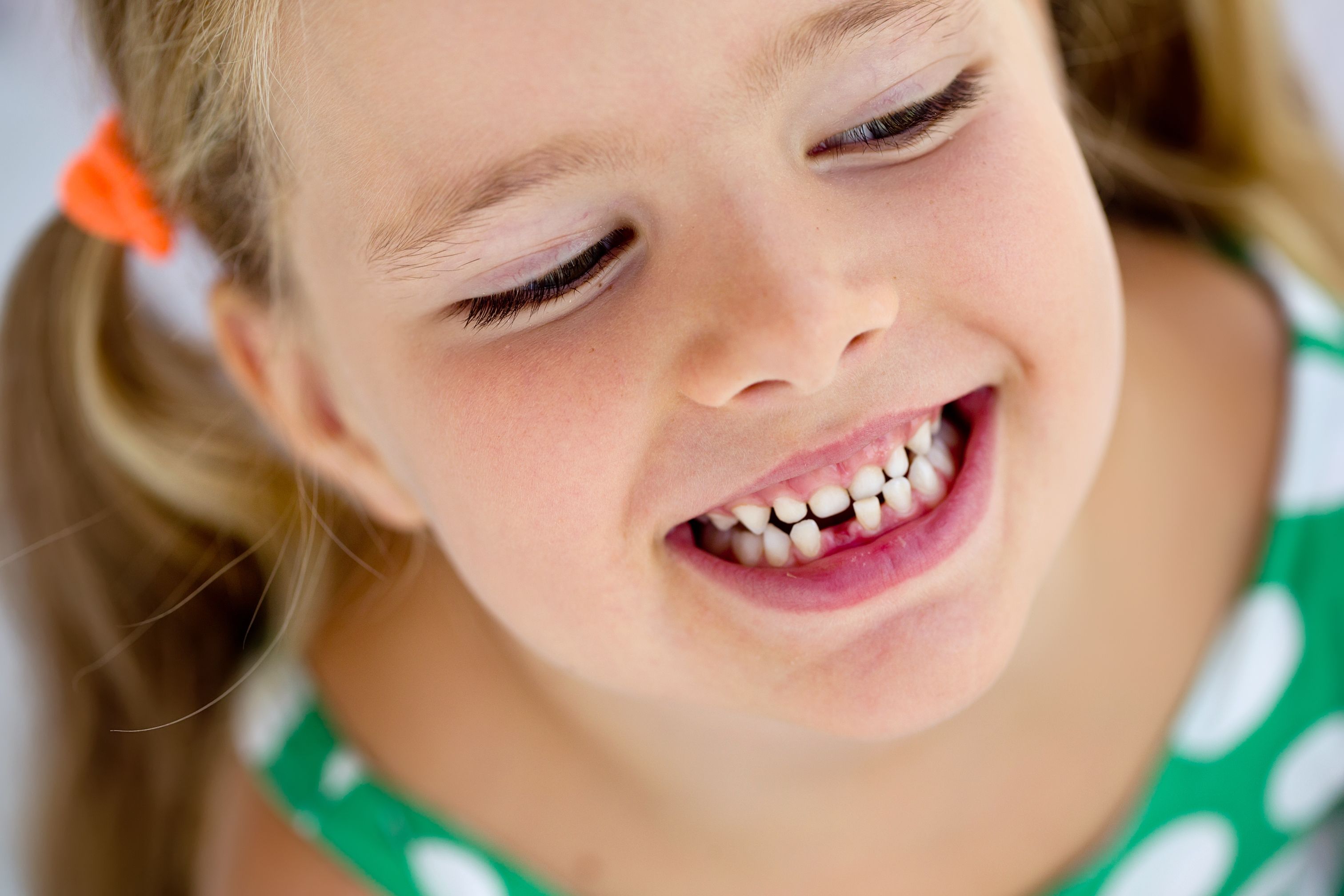The Importance of Primary Teeth

Oftentimes people think that baby teeth or primary teeth aren’t important. After all, these teeth fall out. And if they fall out they can’t be all that valuable. This kind of thinking, however, it what causes thousands and thousands of patients to run into oral problems later in life.
Primary teeth play an important role in your child’s life. They help him/her smile, chew, talk, and hold a space for the adult teeth that will fill their space. If baby teeth fall out too early the spacing in your child’s mouth shifts and their adult teeth don’t have the proper space to grow into.
Why do baby teeth matter?
Baby teeth play a crucial role in your child’s growth and development. Without their baby teeth, children wouldn’t be able to speak or get proper nutrition through chewing food. Additionally, these baby teeth help to ensure that the future adult teeth have a firm foundation to move into by saving them space.
How do you care for baby teeth?
Caring for baby teeth starts long before your child’s first tooth comes in. In fact, even before baby gets their first tooth you should be wiping baby’s gums with a clean cloth. As soon as teeth erupt you can begin to use a very small (grain sized) bit of toothpaste made for children. By the time your child is three they should be using a pea-sized amount of toothpaste.
Children should be taught to brush twice a day for two minutes and to floss once a day. Establishing these habits early on will help to make sure they carry them into adulthood.
When should a baby first see the dentist?
The American Academy of Pediatric Dentistry recommends children see a dentist within six months of their first tooth erupting. The first primary tooth usually comes in around six months of age.
Getting your child into the dentist early on ensures they’re comfortable with the dentist and more likely to go to them for help over the years.
What is the first dentist appointment like?
The first dentist appointment is usually quite easy. The main goal of this appointment is to meet you and your child and to get them comfortable. The dentist will likely have you hold your child on your lap while they check out baby’s mouth. The entire process is quick and designed to be easy and enjoyable for your baby.
Is thumb sucking bad for baby teeth?
Thumbsucking is a self-soothing method used by children. While it isn’t a problem when done occasionally, it can become problematic if the child continues to do it for extended periods of time. Not only can it impact their tooth alignment and development, but it also can cause deformities on their thumbs.
If you’re worried about the health of your child’s primary teeth, contact our team. Dr. Bullard can help devise a treatment and prevention plan for your child and ensure they have a wonderful experience that makes them passionate about their oral health for years to come.

